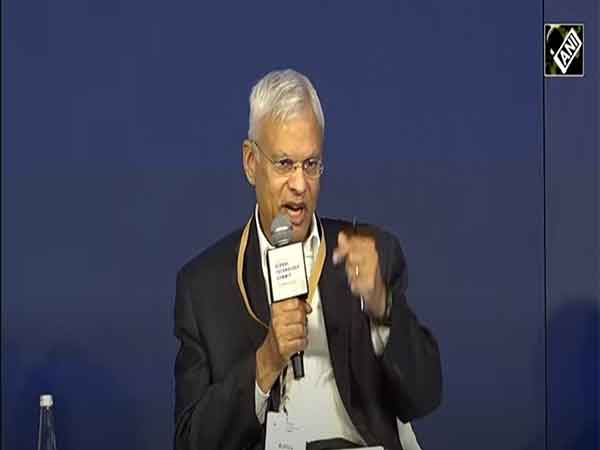
New Delhi : Ashley J. Tellis, Tata Chair for Strategic Affairs and Senior Fellow at the Carnegie Endowment for International Peace, offered a candid analysis of the evolving US approach to global technology partnerships under a potential second Trump administration and the broader implications for the US-India relationship, at the Carnegie Global Tech Summit held in New Delhi on Friday.
On the US-India technology partnership, Tellis argued that while state-led initiatives and subsidies are useful to jumpstart cooperation, they are not a viable long-term model.
He stated, "I do not believe that a sustainable path for the US-India Relationship is through state action and state subsidies. Those are very good to jump-start the process, but if we have to keep it sustainable, we need to really have market transformations in both countries that essentially permit innovation to respond to the pressures of the market."
Tellis pointed out a shift in US policy priorities, stating, "I think the bias in the Trump administration is to sell services. And given that bias, it is very likely that there will be much greater technology acquisition opportunities over here and for the rest of the world. Now, what it does to a certain conception of global order is a very different question."
However, he cautioned that such a transactional approach could undermine long-standing frameworks designed to preserve the global order.
He said, "For 70 years now, we tried to help our friends while at the same time maintaining a proliferation regime that would date to a certain conception of order. Now, if we end up in a situation where the price of helping our friends is to engulf the regime simultaneously, I'm not quite sure long-term US interests are at hand, nor am I sure that the interests of our friends are at hand. What is even worse is that I'm not sure the administration has the discipline to understand the issues at hand."
Tellis expressed concern over whether future U.S. administrations would have the strategic discipline to manage these complexities. "Time will tell whether, net-net, we come out ahead," he said.